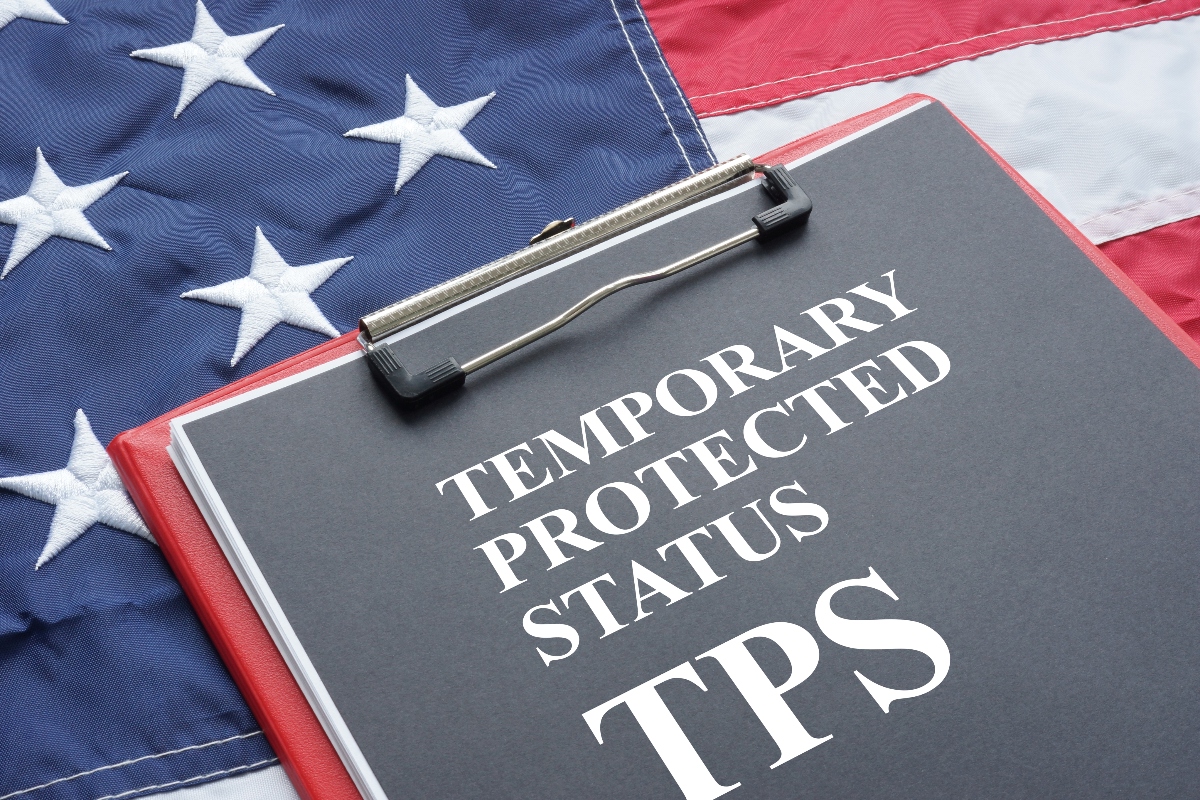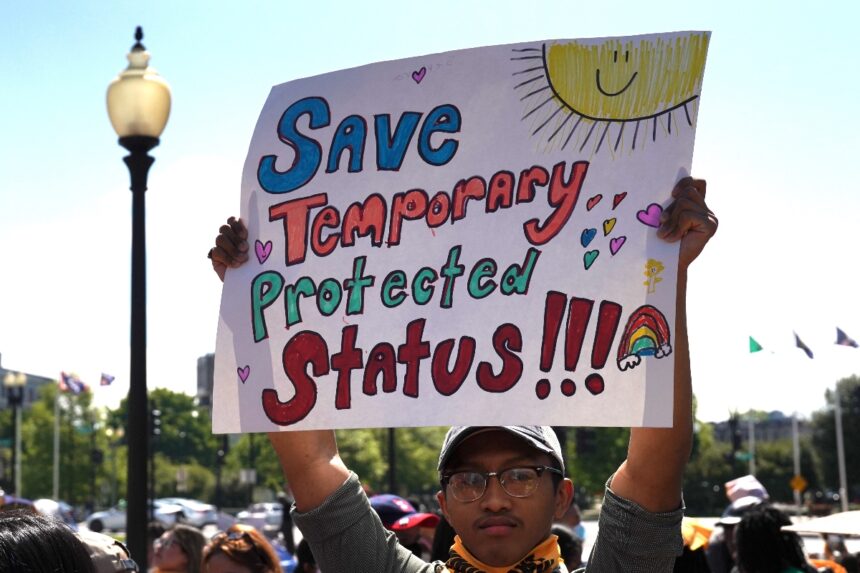The Department of Homeland Security (DHS) officially announced the end of Temporary Protected Status (TPS) for Honduras, a decision that affects tens of thousands of Hondurans who have lived and worked legally in the United States since 1999.
This measure will take effect 60 days after its publication in the Federal Register, according to the official statement released by DHS.
TPS for Honduras: why was it granted?

Honduras received TPS designation in 1999, following the devastation caused by Hurricane Mitch in October 1998.
Since then, thousands of Hondurans have been able to live and work legally in the U.S. under this humanitarian status, renewed periodically by different administrations.
But now, the administration of Donald Trump, through his Secretary of Homeland Security, Kristi Noem, assures that conditions in Honduras have improved enough to consider that temporary protection is no longer warranted.
“Temporary Protected Status was designed to be just that: temporary,” Noem stated in the release.
“Honduras has overcome the effects of Hurricane Mitch and it is now safe for its citizens to return,” added the Secretary of Homeland Security.
What will happen to Hondurans protected by TPS?

Once TPS ends, those who do not have another valid immigration status must leave the country or face deportation proceedings, unless they find an alternative path to regularization.
According to the official statement, DHS will encourage voluntary departure and facilitate return through incentives:
Free airfare to Honduras,
A $1,000 exit bonus to assist with resettlement.
Preservation of the right to apply for legal immigration in the future, if they report their departure correctly through the federal government’s CBP Home application.
The government of Honduras responds

President Xiomara Castro’s administration was notified of the decision and, according to DHS, support measures are already in place for returning citizens, including:
Economic and food assistance programs,
Job training.
Support for reintegration into the labor market.
The U.S. government also praised Honduras as a “reliable partner of the Trump administration,” highlighting its collaboration on migration and border security issues.
Is there still time to act?

Although the cancellation of TPS has already been announced, Honduran beneficiaries still have a 60-day period before the measure takes effect.
During that time, it is essential that they seek legal advice from immigration attorneys or community centers to explore their options.
Many may be eligible for other forms of protection, such as:
Family-based adjustment of status.
Application for residency if married to citizens or legal residents.
Asylum requests.
Special programs such as DACA, if applicable.
If you or someone you know has TPS and is Honduran, don’t ignore this news.
Get informed, seek legal help and do not make decisions without knowing your rights.
You can contact organizations such as Catholic Charities, RAICES or the American Immigration Council for free or low-cost guidance.























